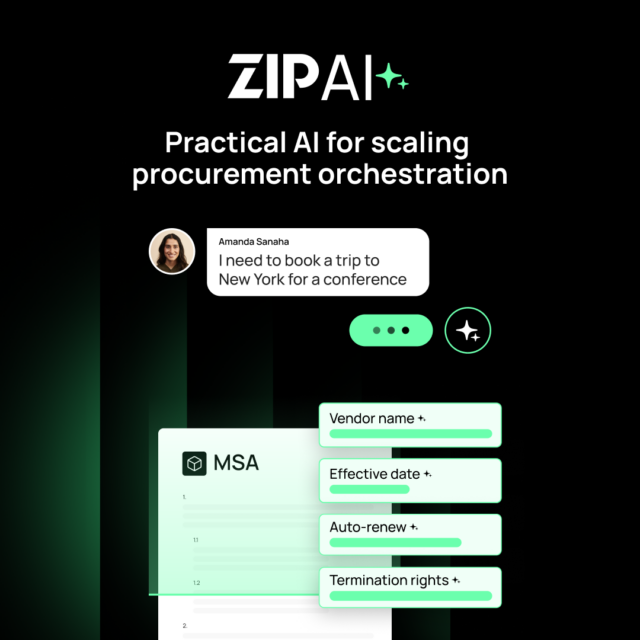The worsening climate crisis not only poses an existential threat to humanity, but is proving increasingly disruptive to the ongoing operations of global supply chains. Extreme weather events are increasing in frequency. Food insecurity, resource scarcity, and economic pressures all threaten to destabilise global economies.
In response to the deteriorating climate, regulatory bodies have introduced increasingly stringent measures to ensure sustainable behaviour. As a result, organisations’ business success is more and more closely reliant on achieving meaningful decarbonisation. “Businesses are now putting sustainability and decarbonisation at the core of their strategy,” notes a new report by Capgemini.
Beyond scope 1 & 2 emissions
Decarbonising a business is a complex process. The greenhouse gases an organisation emits are broadly divided into three categories: Scope 1, 2, and 3.
- Scope 1 refers to direct emissions from owned or controlled sources.
- Scope 2 relates to indirect emissions—those generated by the purchase and use of electricity, steam, heating and cooling. By using the energy, an organisation is indirectly responsible for the release of any emissions tied to its generation.
- Scope 3 includes all other indirect emissions that occur in the upstream and downstream activities of an organisation.
Regulators are increasingly requiring companies to address the impact of Scope 3 emissions. Since an organisation’s Scope 1 and 2 emissions only represent 25% of the whole, while 75% of the total is related to emissions coming from Scope 3, tackling emissions within the supply chain as a whole is a complicated and challenging process.
Sustainable procurement and scope 3 emissions
A lack of visibility into the procurement process and supplier ecosystem is an overwhelmingly common driver of Scope 3 emissions. According to the Capgemini Research Institute, only 23% of organisations know which suppliers account for most of their Scope 3 emissions.
In order to redress this problem and drive widespread decarbonisation throughout the supply chain, Capgemini’s report advocates for the implementation of sustainable procurement practices. Sustainable procurement takes a holistic approach to the environmental, social, and governance (ESG) aspects for Scope 3 emissions.
“Environmental includes the accounting of carbon emissions but also aspects such as biodiversity, natural resources, and pollution. Social looks after ethical, safe, and fair practices. Finally, governance embraces corporate transparency, diversity, and compliance with regulations,” Capgemini notes. “Taking a methodical, small steps approach that embeds key principles of sustainability into the main areas of the procurement workflow – policy, sourcing, contract management, and supplier management – will ensure a robust and achievable operational roadmap to get you there.”











